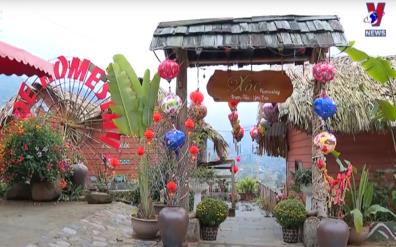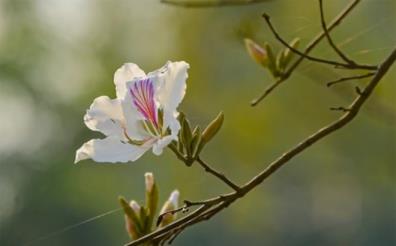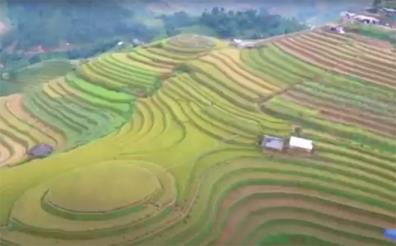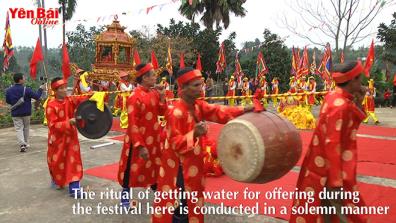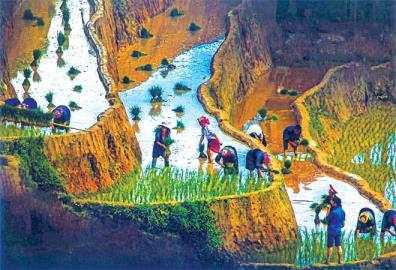Combining Culture and Nature in Tourism Development
- Monday, June 16, 2025
Blessed with pristine natural landscapes and a rich repository of ethnic cultural heritage, Yen Binh District in recent years has been gradually harmonizing conservation and development by building three pillars of tourism: placing people at the center, nature as the foundation, and culture as the identity — all aimed at sustainable growth.

|
|
Tourists experience rice harvesting with local residents in Vu Linh Commune, Yen Binh District.
|
Other news

After suffering severe losses from flash floods and landslides in recent years, the people of Mu Cang Chai District have seen their lives gradually stabilize thanks to the determined involvement of local Party committees, authorities, and the united support of the wider community. New, spacious houses have risen to replace the ruins left by disasters, opening a new chapter of sustainable recovery in the remote highlands.

Summer is a peak time for travel, entertainment, and recreation. To meet increasing visitor demand, Yen Bai Province has, from the beginning of each year, implemented various tourism promotion measures, strengthened state management in the sector, and encouraged businesses and individuals to develop tourism products and enhance technical infrastructure — all with the aim of attracting more tourists than in previous years.

In 2023, the People’s Committee of Yen Bai Province issued Decision No. 1648/QĐ-UBND on the Preservation and Promotion of Tangible Cultural Heritage in Connection with Tourism Development within the province.

According to Decision No. 1648/QD-UBND issued in 2023, Yen Bai province is continuing to promote the preservation of intangible cultural heritage, aiming to safeguard and bring into play the unique traditional cultural values of ethnic groups in the area.



